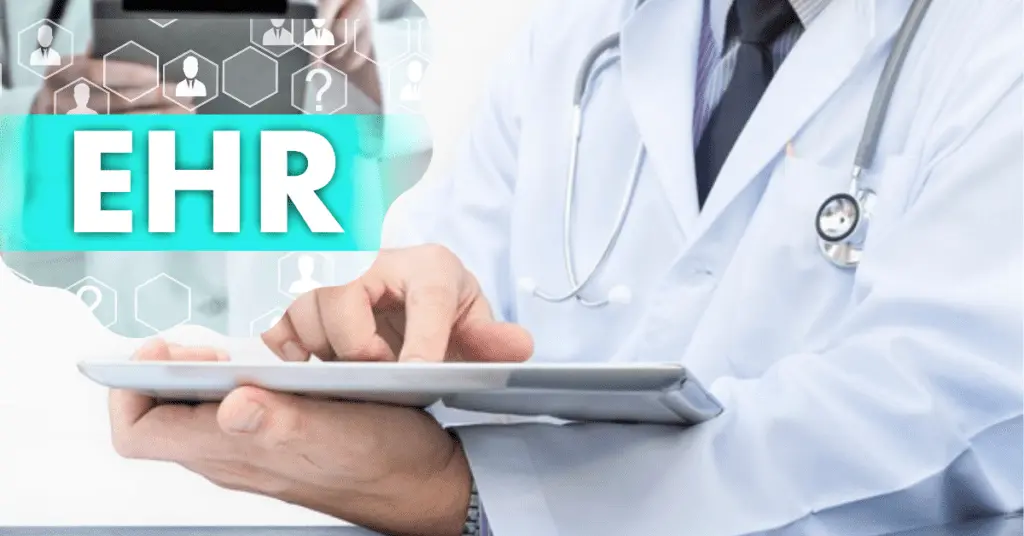It is no secret that EHR (Electronic Health Record) software for physicians is in high demand. As a result, the industry is flooded with several options, backed by big budgets and endorsements from organizations like HIMSS (Healthcare Information Management Systems Society), promoting greater interoperability of healthcare information between disparate providers.
While the US government has enforced meaningful use policies to promote the adoption of certified EHR technology by healthcare providers, the market for these products is still growing.
According to a report by Markets and Markets, the global EHR software market is expected to grow from $9.7 billion in 2015 to $17.8 billion by 2020, at a compound annual growth rate of 11.8%. The North American region is expected to be the most significant contributor to the Asia Pacific and Europe growth.
The market drivers for this growth are many, but chief among them is improving quality of care, managing population health, and reducing healthcare costs. In addition, there is an increasing demand from patients for more transparency and interoperability in their healthcare data. EHR software can help with all of these things.
What are Electronic Healthcare Records (EHR) Software?
While most people understand what EMR software for physicians does, EHR software is not well-defined. The US government defines EHR as: “Electronic information in a portable format that can be accessed, used and transmitted by authorized clinicians or staff across multiple settings of care.”
In other words, it combines the clinical data from several providers into a single electronic patient record – an electronic version of a person’s medical history – which is accessible to authorized healthcare personnel anywhere they need it. This includes doctors, nurses, dentists, therapists, and others who might need to access records during urgent situations or follow-up care.
Why are Healthcare Organizations Choosing EHR Software Development over Traditional Paper Records?

To put it simply, paper records are outdated and inefficient. Managing them is hugely expensive for hospitals and doctors hiring clerks to sort through patient charts every day. In addition, as new information comes in, there is no way to access records quickly or share further information with other providers easily. An electronic system that provides secure access to all relevant patient data will help medical professionals provide better care at a lower cost. This, in turn, enables faster response times and expedited follow-up visits.
A Harvard Business Review article on the benefits of EMR systems discussed how such software has improved quality of care: “In one large multihospital health system, reducing medication errors by more than 80% and central line infections by over 50% has allowed surgeons to perform 250 additional surgeries and increased cross-coverage for ICU patients.”
Another study published in the Journal of Evaluation in Clinical Practice showed that healthcare organizations saved $4,000 or more per physician due to EMR implementation.
While such systems offer several benefits, they are not ideal for every medical facility. In addition, the IT requirements can be daunting, especially with so many providers now required to meet federal standards under the ONC HITECH Act. Given how vital patient data is, healthcare providers must choose a trusted partner who will support their investment with post-implementation services and training.
Read Also: Pharmacy App Development in 2022
What are some features that healthcare providers should look for in EHR software?
When evaluating EHR software, it is essential to consider your organization’s needs. Some features to look for include:
- The ability to track medications, allergies, and other vital patient information.
- An interface that is easy to use and navigate.
- A system that can be customized to meet the specific needs of your facility.
- The ability to exchange data with other providers easily. This includes labs, pharmacies, and other healthcare facilities.
The security and privacy of patient data must be a top priority for any healthcare provider considering EHR software. Therefore, you must choose to have a strong track record of protecting confidential information.
The post-implementation support that a software provider offers is also essential. Look for a partner who will offer continued training and support long after the system is up and running.
What are the benefits of Electronic Healthcare Records (EHR) Software?
- Improved quality of care
- Increased efficiency
- lower costs to patients
These are just a few benefits that EHR software can provide healthcare organizations. For example, decades-long wait times, misdiagnoses, and other avoidable medical errors can be a thing of the past with an electronic system that enables medical professionals to access all relevant patient data in real-time. In addition, portability gives doctors and nurses immediate access to records no matter where they are.
This helps them provide faster responses in emergencies and ensures that patients get the follow-up care they need when readmitted to another facility. EHR software streamlines processes for providers by automating tasks such as ordering prescriptions. In addition, it reduces time spent on administrative duties so more time can be devoted to patient care. Finally, the security features built into many systems make these records extremely difficult for unauthorized parties to access or alter in any way.
What are the disadvantages of Electronic Healthcare Records (EHR) Software?
Several benefits make it a good choice for many healthcare facilities. However, note that there are some disadvantages to this software as well:
Health IT can be complex and complicated to implement at medical facilities. Therefore, providers must choose a trusted partner who will support their investment with post-implementation services and training after the system is up and running. Additional costs may be involved if changes need to be made mid-project or if new equipment must be purchased for EHR software to work correctly at a facility. In addition, some software might not provide all of the features a provider needs for complete functionality.
Finally, despite enhanced security features in many systems, there is always a risk that confidential patient data could be compromised. Therefore, when considering Electronic Healthcare Records (EHR) Software Development for their medical facility, healthcare providers should weigh the pros and cons to make an informed decision.
The benefits of using EHR software, such as improved quality of care, increased efficiency, and lower costs to patients, are significant and should not be ignored.
However, providers should also be aware of the potential disadvantages of implementing this type of software to take the necessary precautions to avoid any negative consequences. Nevertheless, by choosing the right software and working with a reputable partner, healthcare providers can reap the many rewards that EHR software offers.
Conclusion:
The advantages of using Electronic Healthcare Records (EHR) Software Development are clear. This software can help healthcare providers improve the quality of care they provide to patients, increase efficiency and reduce costs. In addition, many systems include security features that make them extremely difficult for unauthorized parties to access or alter patient data.
While there are some disadvantages to using EHR software, these can be mitigated by choosing the right system and working with a trusted partner. When considering implementing EHR software at their medical facility, healthcare providers should weigh the pros and cons to make an informed decision. However, the benefits of using this type of software are significant and should not be ignored. By choosing the right software and working with a trusted partner, healthcare providers can improve patient care while reducing costs.


Why are Healthcare Organizations Investing in EHR Software Development?